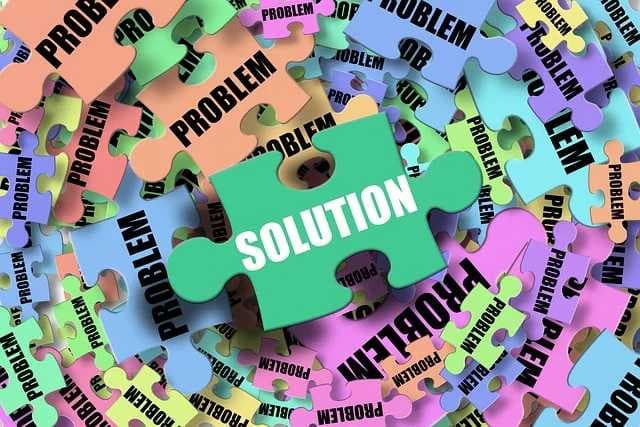From day to day, more and more we hear about Artificial Intelligence and its implementation in different spheres, including healthcare. And many of us still don’t know what Artificial Intelligence is. This is why, before we dive into AI’s influence on the modern healthcare system, we will look into AI itself first. It is the process of making machines, mainly computer systems, behave like humans. AI is used in expert systems, speech recognition, and machine vision. For writing and training machine learning algorithms, you need special hardware and software. Artificial intelligence systems make predictions by analyzing large amounts of data.
How can AI help the healthcare system?
The advancement of artificial intelligence has revolutionized the way we diagnose, treat, and monitor patients. More accurate diagnoses and personalized treatments can be achieved with this technology. Medical professionals can use artificial intelligence to analyze vast amounts of clinical documentation, which helps them identify disease markers and trends that would otherwise be overlooked. AI can be used in a lot of different ways in healthcare, such as scanning radiological images to find problems early and making predictions from electronic health records. AI can help healthcare systems become smarter, faster, and more efficient in caring for millions of people around the world.

A common example of artificial intelligence and healthcare working together is the use of machine learning. Since the use of machine learning has enabled artificial intelligence to be used in medical diagnosis and treatment, the healthcare system has significantly altered. More accurately than ever before, machine learning algorithms are able to process large amounts of clinical documentation, identify patterns, and predict medical outcomes. Machine learning is a type of data science that helps healthcare professionals improve their treatments and cut costs by looking at patient records and medical images. By using AI technologies like machine learning to diagnose diseases or find and develop drugs, doctors can more accurately diagnose illnesses and prescribe treatments to each patient’s needs.
Administrative applications are another great opportunity to benefit from AI for the healthcare system. The use of artificial intelligence in healthcare is transforming many administrative aspects of medical care. Using artificial intelligence in healthcare can free up time for providers and healthcare organizations to focus on patient care and revenue cycle management by automating tasks like data entry, claims processing, and appointment scheduling. Artificial intelligence can also help reduce human error by making it easier to look at health records, medical images, claims to process, and test results. Medical professionals can give better patient care with artificial intelligence, giving them more control over their workflow process.
Artificial intelligence can be used to help identify patients with addictions, such as addiction to casino games and gambling. Online casino operators can use AI on the website and identify potentially addictive gamers.
The difficulties of using Artificial Intelligence in healthcare
One of the main obstacles to using artificial intelligence in healthcare is the patients. For example, some of the latest surveys from the Pew Research Center about how Americans feel about AI in health and medicine show that Americans are very uncomfortable with the idea of AI being used in their health care. Six out of ten Americans say they would feel uncomfortable if their healthcare provider relied on artificial intelligence to do things like diagnose diseases and recommend treatments. Fewer people (39%) say they would feel comfortable with this. Most of the public is not convinced that artificial intelligence would improve health outcomes. The American people believe that artificial intelligence will have both positive and negative effects on health and medicine.
A larger share of Americans believes that the use of artificial intelligence in health and medicine would reduce rather than increase the number of mistakes made by healthcare providers. Furthermore, a much larger share of Americans who see a problem with racial and ethnic bias in health care say that the problem of bias and unfair treatment would get better (51%) than worse (15%) if AI was used.
Conclusion
The use of Artificial Intelligence in healthcare would definitely improve and help the system. Thanks to machine learning, we can get a more accurate diagnosis because algorithms can process large amounts of clinical documentation, identify patterns, and make predictions about medical outcomes. Administrative applications can help the medical professionals give better patient care because they will have more spare time. Still, to effectively use AI in the healthcare system, AI has to earn the trust of both medical professionals and patients.











Leave a Reply